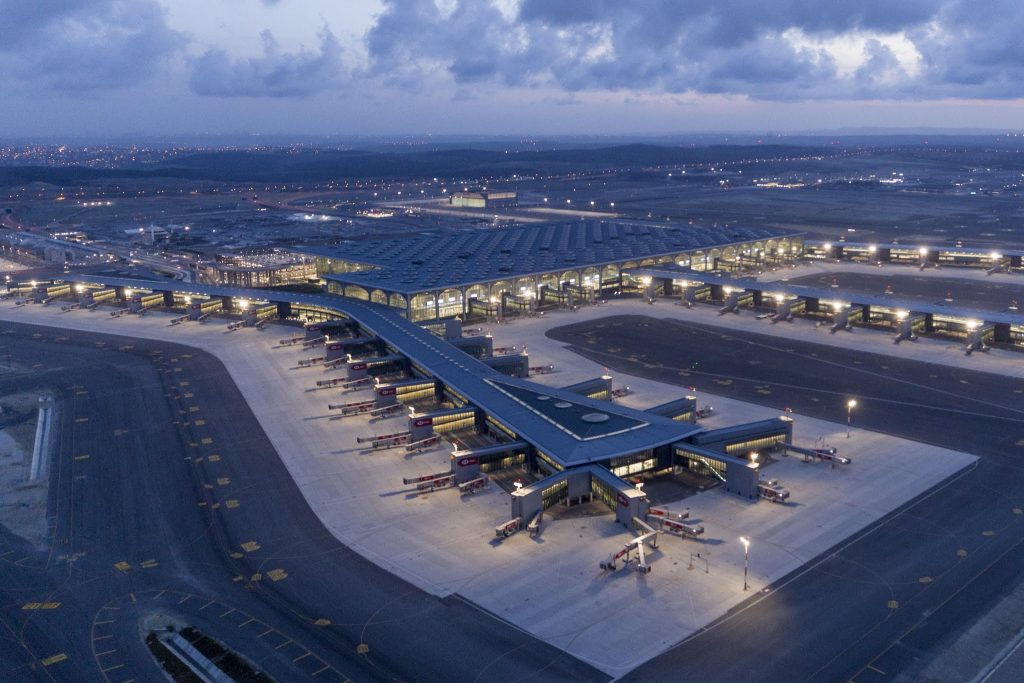
Airports around the world have been warned to stay on high alert and increase security efforts to protect COVID-19 vaccine shipments, as reports suggest vaccines are being targeted by criminal enterprises.
Within days of the first COVID-19 vaccines being approved and delivered in the UK and US, reports surfaced of criminal networks attempting to sell on the inoculations on the dark web, with aim to profit off the global demand for vaccines.
As such, Interpol has warned those working within the vaccine supply chain to be prepared for the fact that organised criminal networks could be targeting their operations in order to steal vaccines, possibly through the infiltration or disruption of said supply chains.
In light of this, the Airports Council International (ACI) has released an advisory bulletin on vaccine distribution to its members.
The bulletin recommended that airports facilitating the vaccine distribution effort liaise with local authorities and conduct risk assessments on all shipments, given these potential threats.
“The sensitive nature of the vaccines, the high level of demand there will be for obtaining them and the initial short supply has the potential to generate some attention by persons or groups with malicious intent,” an ACI spokesperson said.
“Consideration should be given to increased protection of these goods and/or the facilities that will house them. In many cases, this requires co-ordination with local security authorities.”
The bulletin also advised airports to consider additional safety precautions considering the large volumes of dry ice that are required in the storage and transportation of the vaccines.
The transportation of dry ice is highly regulated as it is considered to be a “dangerous good”.
Discussions are underway at the United Nations aviation body to “increase the volume of dry ice that may be transported in a single aircraft, provided strict protocols are followed,” it noted.
The recommendations come as airlines prepare to carry out the largest logistical operation of our time, and distribute vaccines around the globe.
A vaccine developed by Pfizer and German partner BioNTech SE has been approved for distribution and administration in both the US and Britain, while a second vaccine, from Moderna, has just received its approval from the US Food and Drug Administration.




